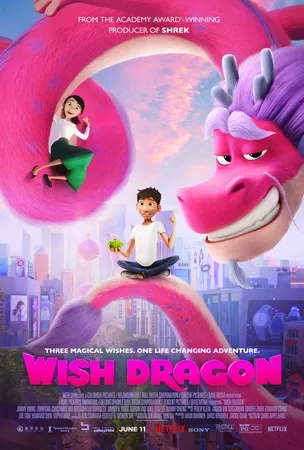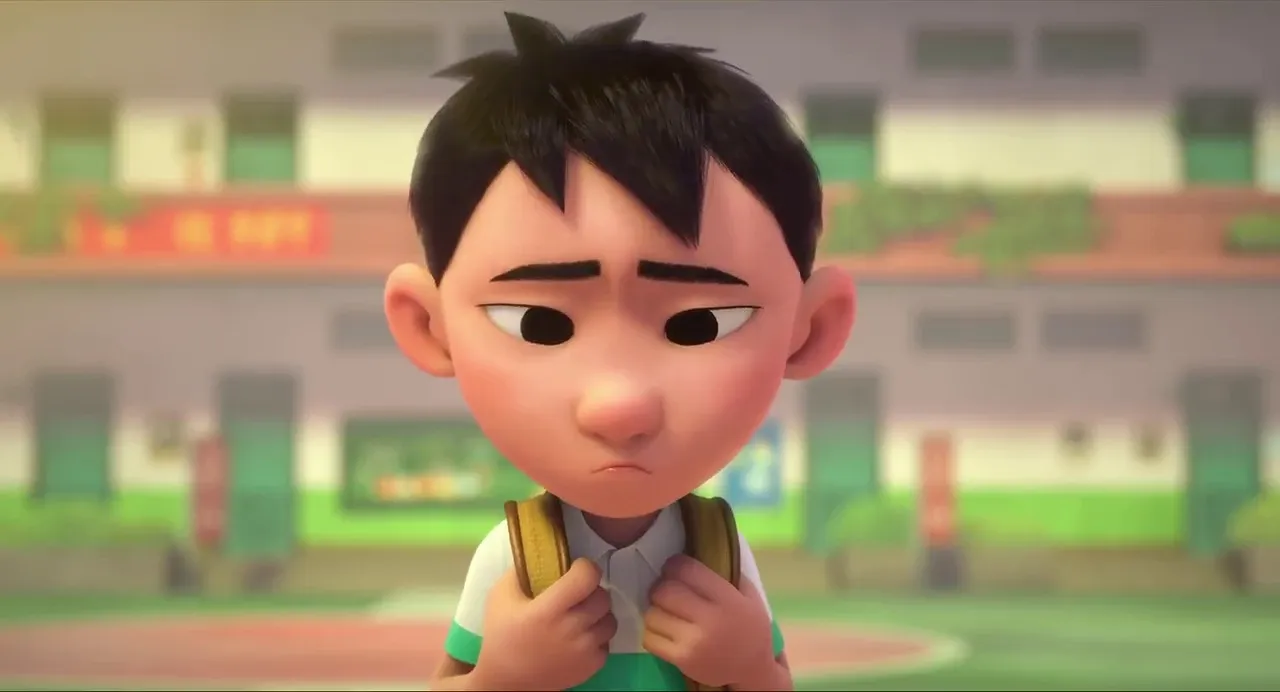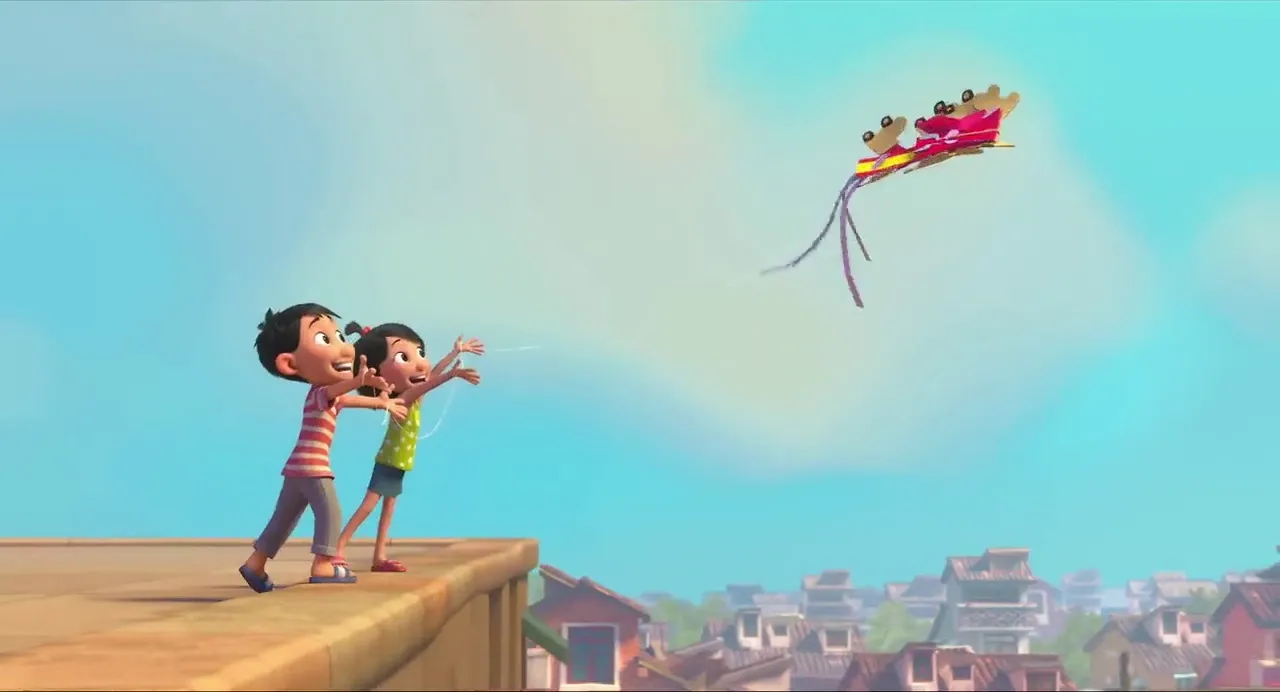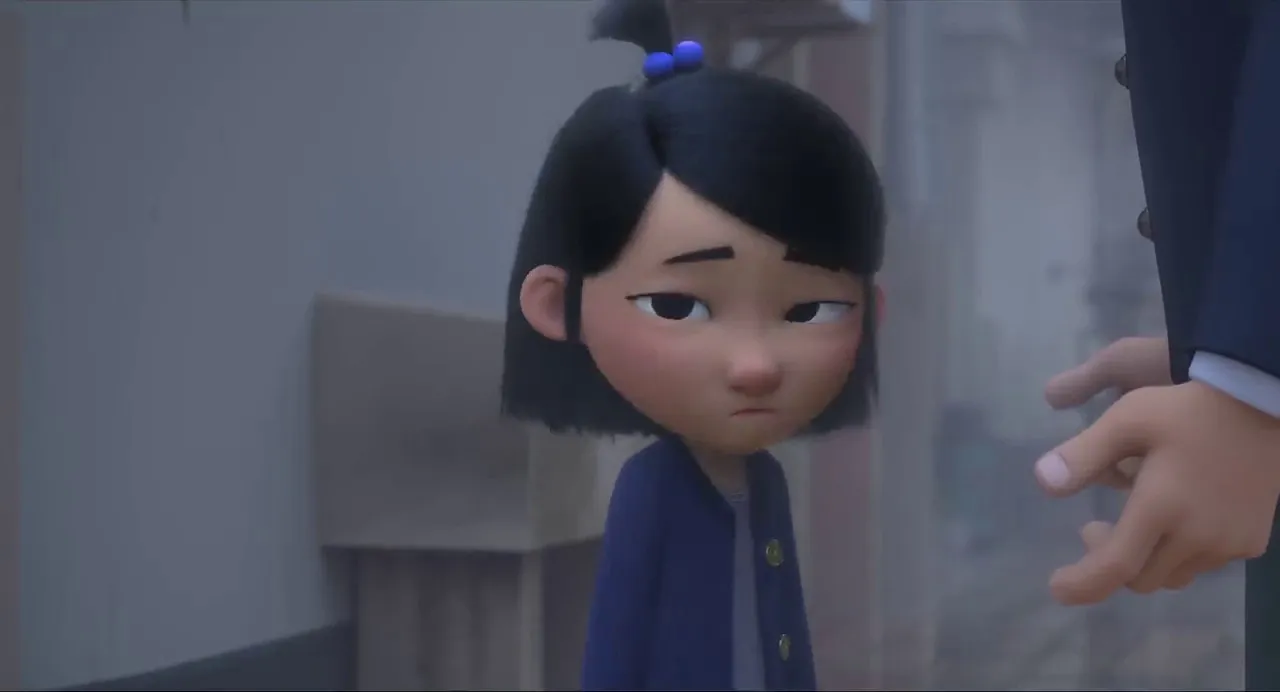 |
| Wish Dragon (2021) Movie Review: What You Need To Know |
The Wish Dragon is a new animated film. It is directed by John Francis Daley and Jonathan M. Goldstein. Released by Walt Disney Pictures, it is based on the book The Wish Dragon by author Daniel Errico.
In “Wish Dragon”, the world is divided into two types of people: Wishful and Mundane. The Wishful people are born with a dragon that grants them one wish every time they turn 18.
The Mundane people live without the power to make wishes. This movie is based on a book by the same name. It follows a girl named Ruth, who is a Mundane. Her life is changed when her dragon, Jubilee, comes to life and grants her an 18th birthday wish.
You’ve probably heard by now that your favorite childhood book is about to get a makeover. That’s right, the bookmakers at Disney are taking on the story of Harry Potter. But have you heard of Wish Dragon?
You might have, but you might need a refresher. It’s a children’s book that was released in 2001 and has been a fan favorite ever since. We’ve got all the details you need to know about the movie so you can make an informed choice about whether to see it or not.
The Film's Main Theme
The movie is earnest in its attempts to promote political change in China but really falls into the standard minor themes of those who are actually trying to change the party line rather than those that are trying to show that that is possible.
What’s more, second of all: for what reason is no one discussing the film addresses hole among poor and rich and the quick-creating Chinese society which is the opposite of the Marxist theory of Hegelian dialectic? When you are stuck in a hole can’t you end the debate of nature vs. culture.
The movie is earnest in its attempts to promote political change in China but really falls into the standard minor themes of those who are actually trying to change the party line rather than those that are trying to show that that is possible.
The Plot
This is the story of an orphan girl who will have a tough life after her mother is killed by her ‘father’. She takes to the back alleys of Shanghai, steals to eat. After she is raped by an officer who is about to leave, she takes the cop to a hospital and then gets raped again by a nurse.
When she tries to return to the alley, she falls into a gutter. She meets a kind man who takes her home and later on, works as a flower seller. Eventually, they fall in love. The man is in love with a rich girl and leaves the flower selling girl and she is left alone.
Cast & Crew
Oscar-winning Chinese filmmaker Lu Chuan, written by Jehan Daruwalla and Robin Jacqmain, this is his second film after acclaimed The Handmaiden. It’s known as the first Chinese film to be selected for the Cannes competition.
The Characters
Chiu Tung (Wan) is a senior (17) year school student whose father (Wing Kong) is a rich merchant (Da Chang), his mother is a novice nun (Chiu Chi). His father is the leader of the school that they both attend, a social gathering.
Chiu-Tung falls in love with a girl (Yue Er), a student in his school. His father is unable to accept the reality that his son’s being gay and says that he will go to hell after he dies. Later his father introduces him to the family’s younger son (Fong-Yun), who goes to live with his father’s new partner (Gao Jun) after she was orphaned.
A bit more background: in the beginning we see a marriage proposal from a prostitute, but she reveals that she was being paid by a rich family to approach him.
The Ending
Knowing the sake and history, the Wishing Dragon is a tale of a man’s quest to the end of the world, to bring someone back to life. Because, he will not take no for an answer. And, he will not give up.
Award-winning filmmaker Chen Kaige is more than familiar with the great traditions of China, not to mention its historic capital and titular temple, making him, perhaps, the perfect director to make a movie that holds a lot of value with great cinematic writing.
Chen, after long tenures with acclaimed filmmakers such as Hou Hsiao Hsien and Jia Zhangke, has come a long way to join Hollywood directors like George Miller and Joe Wright in the list of the more experimental filmmakers in the industry.
Conclusion
For what reason is no one discussing the film addresses hole among the poor and rich and the quick creation of Chinese society. Of course there is a discussion to be made, but is silent on the topic.
Instead, the film blames bad leaders and their past for China's social problems. While we all know that corruption existed before, what the film fails to mention is that those bad leaders did nothing to address it.
Just how important it is to point fingers at those in power is important, but the film makes a political issue out of a historical one, and uses propaganda to win its viewers’ sympathies, forgetting that history is written by those with power. Too bad nobody is telling the real story.




